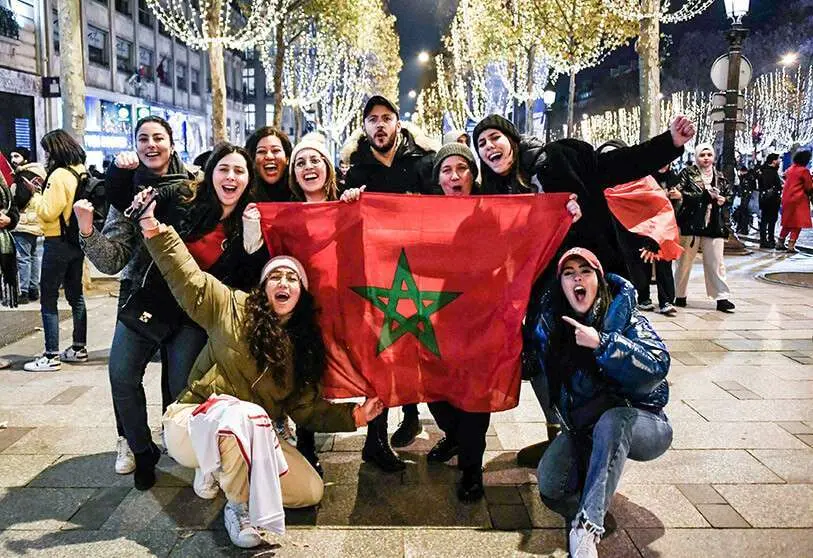Sociological phenomenon

Football is everything during these days of the World Cup in Qatar. And there are certainly arguments to ensure that it also captures much of the attention for the League in each country, and, of course, for the Champions League in Europe and on every continent. It is no exaggeration to consider that Football is everything as a sociological phenomenon that manages to bring together all kinds of interests and vent frustrations. It is an evidence that we are seeing in every match. It is worth highlighting some of the most relevant aspects that come together in the World Cups because they pit teams from different countries and continents against each other. For those of us who like good football, as well as always wanting our team to win, the World Cup reveals players, tactical teamwork, more than exemplary efforts and sacrifices, and also some pettiness, shameful attitudes and despicable theatrics to deceive the referee.
Beyond the sporting aspect, where we must take into account how the differences between countries from one continent or another have disappeared, the most striking thing at first glance is the big business that football moves above principles, values, human rights and sportsmanship. A lot of money that is produced by something essential: the ability of this ball sport to bring together millions of people from all over the world thanks to television. And here we must underline the fundamental role played by the good players, not just the big stars. But what prevails is the fervent desire for your team to win, promoting a sense of self-pride, an attachment to and use of symbols and massive manifestations of national identity. We can criticise that some use football as bread and circuses to distract the masses, but we have seen this phenomenon occur in countries considered more developed, economically and socially. Any country that wins the World Cup is going to take to the streets to celebrate. Be it European, American or African. It would be a great dream if Morocco, the first African country to get this far in a World Cup, could achieve the final triumph, although it already enjoys having eliminated Belgium and Spain. Its international image is improving markedly, football is becoming a new sign of the country's evident modernisation in all sectors, while national pride is allowing for greater social cohesion.
King Mohamed VI joined the massive celebrations in the streets of Rabat with jubilant crowds in all Moroccan cities and abroad. In Spain, the celebration of the euphoric Moroccans took place without incident, serving as an example in the face of a tiny minority that makes a lot of noise on social networks, creates a certain atmosphere of false confrontation, but in reality is ignored and rejected by a reality that demonstrates good coexistence. This was not the case, unfortunately, in Belgian cities, with some riots showing that migratory integration is still pending in second and third generations.
In Qatar, we have witnessed meetings with a lot of morbidity because of their extra political connotations. The great American superpower struggled to beat Iran in what was presented as more than a football match. As was the case in the Switzerland-Serbia match, where unsettled scores were once again settled without overstepping the sporting bounds.
The repercussions did not go beyond the stands of the stadiums that have taken so much suffering to build. Other circumstances of life in Qatar have been forgotten.
In the end, it has been demonstrated that the only thing that has been of interest when the ball has rolled is that my team and my national pride have won. Yes, some win and others lose, and football ceases to be the main focus of a society with many problems. But it is still the great sociological phenomenon.

